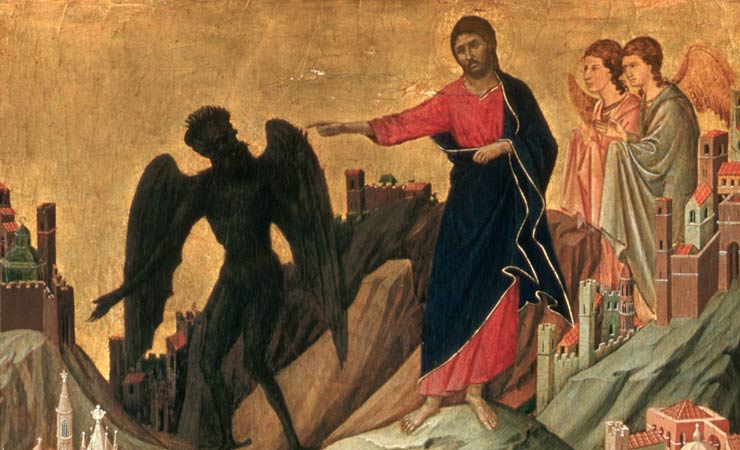I have been reflecting upon a statement Myron, a respected spiritual director repeated that one could not retreat, nor cease upon the spiritual path. Once an individual progresses there is no going back, nor is there a point of termination. One cannot rest upon one’s laurels. One never reaches an end. God always demands more, acutely desiring growth, challenging for continual progress in humility and trust (faith), prayer (hope), and charity; a persistent revealing of the utility of the gifts of the Holy Spirit in our contemplative and active lives. I cannot embark upon the contemplative life with a passion; experiencing sweet consolations, enjoying the blessing of graces for myself and those I love, comprehending a presence within prayer efforts possessing poignant profoundness—only to falter when matters become challenging, or personal situations become demanding. Boredom, sloth, can be crippling quandaries. Not only do I become still in my knowing, I learn to remain still, trusting God under all conditions.
My spiritual life must become the foundation of my life. All other activities and experiences nurturing, pointing back, allowing quietness during properly dedicated times of prayer and devotion. Well rounded socially—not a spiritual glutton, physically active and participating in the world with secular and religious brothers and sisters, absolutely loving life and creation, I place the Creator above and in proper perspective, while active as an ordinary simple man in the world. I love my Tuesday and Fridays, days every week I play basketball. The competition and exercise emboldens my spiritual life, even if I have a terrible day on the court. Contemplatively, efflorescence occurs when a naturally arising, authentic, love for life and creation pours forth. I found it impressive that St Jane de Chantal, suffering immense spiritual darkness, conducted herself with no bleakness. She comprehended the vitality of displaying faith, hope, and charity.
I cannot experience God’s approval for furthering contemplative devotion, then respond with a decision to scale back my efforts. The softer easier road cannot be embarked upon once the narrower road has been presented. A calling recognized, I must embrace, trusting in God, focused upon revealing further His desires. There is a former priest I socially encounter that always leaves me disturbed. During a Christmas gathering this past holiday season, I encountered the gentleman. Assuming center stage, he led Christmas carols during the large dinner party. Articulate, highly educated, adept in foreign languages, knowledgeable in worldly affairs, ardently putting forth liberal ideals, he talked unceasingly. It never ceases to amaze me how awkwardly false the man appears. Comically, his clothes always seem too big for him, never quite fitting properly. His behavior comes off contrived and premediated, overly thought out and self-conscious. His words are too loud, and his tendency to leer at women make him socially graceless. I know the man’s story for he shared it with me during a private dinner. His childhood was marked by an early declaration he would become a priest. A recognized child genius, an extremely high IQ, he graduated from high school in his early teens, immediately entering the seminary. I am not sure of his tenure as a priest, yet I do know he left the priesthood after discerning marriage as his proper vocation. The man is now divorced, a recovering alcoholic, and tragically recently endured the suicide of an adult son. The whole matter leaves me perplexed, a lasting dark feeling–even now I pause to offer prayers for his peace of mind. Avoiding judgment or affirmations, I just cannot make sense of matters when this man is near. Everything seems completely out of order, self-will seemingly making an absolute disaster out of life, chaos all too apparent.
He who trusts himself is lost. He who trusts God can do all things. —St Alphonsus Ligouri
With those who are perfect and walk with simplicity, there is nothing small and contemptible, if it be a thing that pleases God; for the pleasure of God is the object at which alone they aim, and which is the reason, the measure, and the reward of all their occupations, actions, and plans; and so, in whatever they find this, it is for them a great and important thing. — Saint Alphonsus Rodriguez





Recent Comments